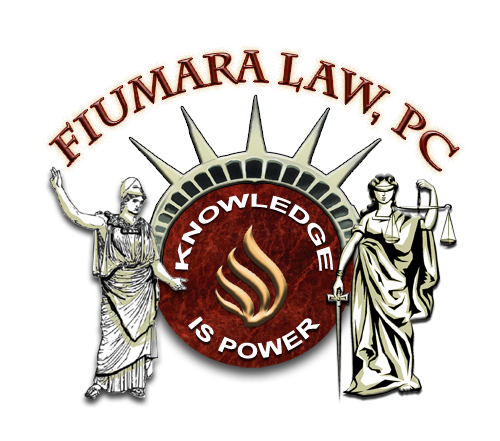California Penal Code 470 PC makes it a crime to do any of the following:
- Signing someone else’s name to any document for a fraudulent purpose.
- Altering, falsifying, forging, or duplicating any driver’s license or identification card issued by California for a fraudulent purpose.
- Altering, falsifying, forging any entries in any document specified in Penal Code 470. This includes, but is not limited to, bonds, bank bills, cashier’s check, contract, etc.
- Altering any medical records with a fraudulent intent.
- Forging a government seal with fraudulent intent.
- Sending a false telegraph with the intent to defraud.


Forgery requires more than signing someone else’s name. It requires that the person do so with a fraudulent intent.
A “fraudulent intent” means that the person seeks to deceptively cause harm to another, cause them to lose money, cause the act to gain the defrauder money, or any other act that causes the defrauder personal gain.
Examples
Some examples of acts that would amount to forgery are as follows:
- Submitting a California Driver’s License written test using another’s social security number and name.
- Signing someone else’s check with a simulation of their name so it can be cashed without their consent.
- Submitting an application for a credit card using someone else’s name.
Punishment for Forgery
Forgery is punished as a misdemeanor if the amount of damage or injury to the victim is $950 or less. If it is punished as a misdemeanor, then the sentence exposure is up to one year in county jail.
If the forgery is punished as a felony, you are exposed to up to 3 years in state prison.
Forging or altering a medical document is always charged as a misdemeanor and exposes the defendant to up to 6 months in county jail.
If punished as a felony, current California law provides that any sentence of state prison may be served in county jail pursuant to Penal Code section 1170(h)(1).


Collateral Consequences
If you have been convicted of forgery, you may also suffer the following collateral consequences, meaning consequences in addition to the punishment imposed by the court:
- Loss of Section 8 eligibility.
- Loss of Unemployment eligibility.
- Loss of California Disability.
- Loss of Federal Disability Benefits.
- Loss of Federal Social Security Administration Benefits.
- Loss of the right to gain United States citizenship.
Legal defenses
You will need a good and experienced attorney to help present any defenses to the allegation that you or a loved one has committed a forgery act. Some of the more common defenses are:
- There was no intent to defraud (such as a CFO who signs the name of his boss’s checks, but only to pay company bills and not for personal gain),
- The prosecutor did not charge you within the appropriate statute of limitations, which we would argue is three years from the date of the alleged crime.
- The accusation of fraud is false. (this happens a lot when the accuser has a vendetta against the defendant for one reason or another.)


When you are facing substantial jail time, you ought to consider:
Always a Free Consultation at Fiumara & Milligan, Law PC.
Please feel free to call North Bay attorneys at Fiumara & Milligan Law, PC 24/7 at (707) 571-8600 in our centrally located Santa Rosa office in Sonoma County or call our office in San Rafael in Marin County at (415) 492-4507 to schedule a free and confidential consultation to keep you out of jail.


If you call after hours, our operators will gladly connect you to one of our experienced and compassionate attorneys 24/7.
“The Right Attorney Makes All the Difference.”
